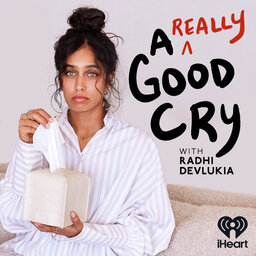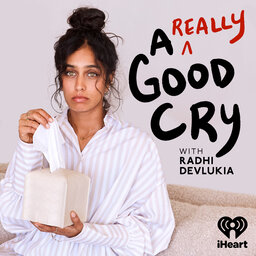How Your Food is Affecting Your Mood - A Guide to Improve Your Mood, Energy and Focus Through Your Meals
Is your comfort food really comforting you?
We often turn to our favorite snacks and meals in times of stress or sadness, seeking solace in the familiar tastes and textures. But have you ever wondered if these foods are truly comforting your mind and body, or if they might be doing more harm than good?
In this week’s episode, we’ll dive into the fascinating relationship between what we eat and how we feel, uncovering the hidden impacts of our dietary choices on our emotional well-being.
We’ll also explore mindful eating practices, the wisdom of Ayurveda, and the transformative power of nourishing your body, mind, and soul.
Discover how small changes in your diet can lead to profound shifts in your mood and overall health.
What We Discuss:
- 00:00 Intro
- 01:10 Food can be medicine
- 02:39 Association of comfort with food
- 04:31 Feel what your body is feeling
- 05:52 Change how you view comfort foods
- 09:04 Control what you eat, don’t let food control you
- 11:45 Stop labeling food as good and bad
- 13:24 The Four Pillars of Health
- 16:46 The categories of food in Ayurveda
- 32:19 Adaptogens and spices
- 35:50 Get your blood tested
- 38:05 The nutrients you need to boost your mood
- 41:14 Anti-inflammatory foods
- 44:06 Invest in your health
- 53:36 Relationship between our gut and brain
- 56:16 Glucose spikes in our body
Follow Radhi:
In 1 playlist(s)
A Really Good Cry
This podcast won’t solve all your problems, but it WILL go through them with you. Radhi Devlukia bri…Social links
Follow podcast
Recent clips

If Life Isn’t Going The Way You Want, Here’s How To Reset
17:49

Naika Opens Up on Music, Identity & Confidence
39:44

If You Don't Love Your Body, Listen To This
22:24
 A Really Good Cry
A Really Good Cry